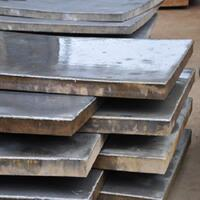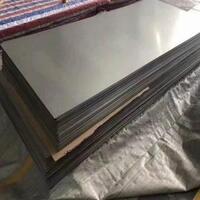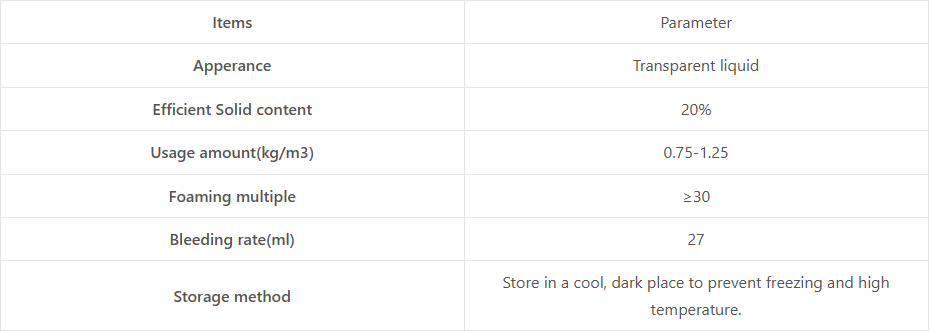Intro to Stainless-steel Plates: A Product Defining Stamina, Toughness, and Advancement
Stainless-steel plates are amongst one of the most functional and crucial materials in modern-day design and building. Known for their corrosion resistance, mechanical stamina, and aesthetic allure, these plates function as fundamental components across a vast selection of markets– from aerospace and automobile to architecture and chemical handling. As commercial demands grow and sustainability becomes a central worry, stainless steel plates continue to evolve via advanced metallurgical innovations and manufacturing technologies that boost efficiency while lowering environmental effect.
(Stainless Steel Plate)
Make-up and Types: Comprehending the Metallurgy Behind Stainless Steel Plates
Stainless steel plates are mainly made up of iron, chromium, nickel, and other alloying components that identify their particular properties. Chromium web content– typically over 10.5%– forms an easy oxide layer externally, giving remarkable rust resistance. Based on microstructure, stainless steels are categorized right into 5 major family members: austenitic, ferritic, martensitic, duplex, and precipitation-hardening (PH) stainless steels. Each kind provides unique combinations of strength, sturdiness, and thermal resistance, enabling designers to choose the most appropriate grade for applications ranging from aquatic atmospheres to high-temperature industrial heating systems.
Production Process: From Raw Materials to High-Performance Plates
The manufacturing of stainless steel plates includes numerous critical stages, including melting, spreading, warm rolling, annealing, pickling, and cold rolling. Electric arc heating systems or argon oxygen decarburization (AOD) converters are utilized to melt raw materials such as scrap steel and ferroalloys. The molten steel is after that cast into pieces, which go through warm rolling to minimize thickness and boost grain structure. Succeeding procedures like annealing relieve internal stresses, while marinading eliminates surface area oxides. Cold rolling even more improves dimensional precision and surface finish. Advanced methods such as laser welding and additive manufacturing are currently being incorporated into plate fabrication, enabling higher personalization and efficiency optimization.
Mechanical and Corrosion-Resistant Qualities: Why Stainless-steel Plates Are Preferred Throughout Industries
Stainless-steel plates succeed as a result of their premium mechanical buildings, including high tensile toughness, impact resistance, and fatigue endurance. Their capability to preserve structural integrity under severe temperatures makes them optimal for cryogenic storage tanks and high-temperature exhaust systems alike. Deterioration resistance is another specifying function, specifically in hostile settings such as offshore oil platforms, chemical plants, and wastewater treatment facilities. The existence of molybdenum in certain qualities, such as 316 stainless-steel, considerably improves resistance to pitting and crevice corrosion in chloride-rich problems. These qualities make certain long service life, marginal upkeep, and cost-effectiveness over time.
Applications Across Key Fields: A Product That Powers Global Industries
Stainless steel plates are important in numerous markets. In building, they are utilized for façades, roof covering, and structural supports due to their resilience and streamlined appearance. The automobile industry uses them in exhaust systems and body panels for deterioration protection and lightweighting. Aerospace manufacturers depend on high-strength, heat-resistant qualities for engine parts and airframe structures. In power and chemical handling, stainless-steel plates form pressure vessels, piping systems, and activator cellular linings capable of enduring severe operating problems. Also in food processing and clinical tools, where hygiene is vital, stainless-steel plates provide non-reactive surface areas that fulfill rigid sanitation standards.
Market Patterns and Growth Chauffeurs: Why Demand Continues to Rise Around The World
Global demand for stainless steel plates gets on an upward trajectory, driven by urbanization, facilities advancement, and the expanding emphasis on sustainable products. Arising markets in Asia-Pacific, especially China and India, are expanding their commercial abilities, improving intake. Environmental regulations favoring recyclable and durable materials have additionally raised fostering. Technical improvements, such as automated welding and precision cutting, are improving manufacturing performance and product uniformity. Moreover, the surge of environment-friendly structure accreditations has elevated making use of stainless steel in building styles that focus on longevity and visual appeals.
Difficulties and Sustainability Factors To Consider: Attending to the Industry’s Pressing Issues
( Stainless Steel Plate)
Despite its numerous benefits, the stainless steel plate sector encounters difficulties associated with energy consumption, carbon exhausts, and source accessibility. The production procedure continues to be heavily dependent on electrical power and fossil fuels, contributing to greenhouse gas exhausts. Reusing efforts are robust, with stainless-steel being 100% recyclable, but raising circularity calls for far better end-of-life recovery systems and eco-friendly manufacturing methods. Developments such as hydrogen-based smelting and bio-leaching of raw materials are being discovered to straighten with global net-zero targets. In addition, changing rates of nickel and chromium can affect market stability, triggering rate of interest in alternative alloys and covering innovations.
Future Potential Customers: Innovations, Smart Assimilation, and the Future Generation of Stainless Steel Plates
Looking ahead, the future of stainless-steel plates lies in clever materials, digital integration, and sustainable advancement. Advances in nanotechnology and surface design are leading the way for ultra-thin, high-strength plates with improved wear and deterioration resistance. Additive manufacturing allows complicated geometries formerly unattainable with typical techniques. Digital twins and AI-driven product modeling will certainly enhance efficiency forecasts and lifecycle administration. As industries promote carbon nonpartisanship and source efficiency, stainless steel plates are anticipated to play a pivotal duty fit resilient infrastructure, renewable resource systems, and next-generation transportation options.
Supplier
MetalPlates4u is a trusted global chemical material supplier & manufacturer with over 12 years experience in providing super high-quality metals and metal alloy. The company export to many countries, such as USA, Canada,Europe,UAE,South Africa, etc. As a leading nanotechnology development manufacturer, Metalinchina dominates the market. Our professional work team provides perfect solutions to help improve the efficiency of various industries, create value, and easily cope with various challenges. If you are looking for , please send an email to: nanotrun@yahoo.com
Tags: stainless steel plate, stainless plate, stainless metal plate
All articles and pictures are from the Internet. If there are any copyright issues, please contact us in time to delete.
Inquiry us


